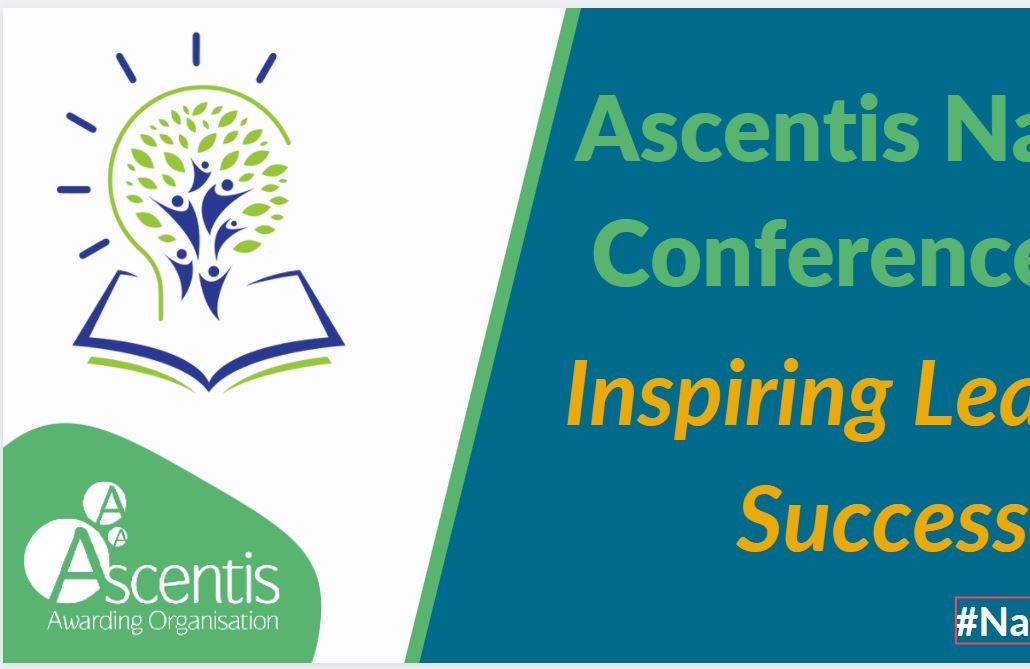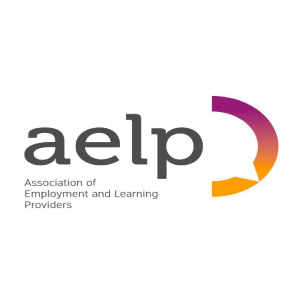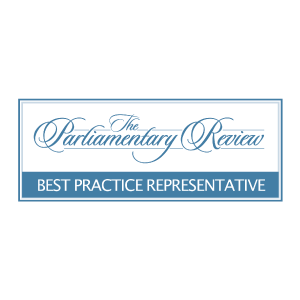
Future Proof Your ESOL Learners
It takes 1765 hours to learn the English Language. This reflects a constant challenge faced by ESOL tutors, to have a curriculum that meets the capabilities of the diverse range of ESOL learners, and one that provides them with all the skills needed to progress into a career and live a high quality life in UK. In addition, language skills are vital for well-being and people who don’t have a strong proficiency in English are more likely to be socially isolated. Now more than ever, it is important that we protect the well-being of ESOL learners, and as a result, at Ascentis we’ve seen a rise in our ESOL customers wanting to add additional subjects into their curriculums. Below we explore these qualifications which can help future proof your ESOL learners.
Essential Digital Skills
These new qualifications are perfect for removing any barriers caused by technology, which could be contributing to any isolation your learners might be experiences right now. Available at both Entry 3 and Level 1, they cover using digital devices and the digital skills needed for everyday life and work. Both qualifications are fully funded for adults under a new legal entitlement, that doesn’t impact entitlements to other sources of funding. We are also currently developing supportive resources for ESOL learners completing these qualifications.
Find Out More About These Qualifications
UPCOMING WEBINAR: How to make the most of the new Essential Digital Skills Qualifications to improve Adult Learner Participation and Progression
Ascentis in association with e-Memoir Wednesday 24th February 2020, 2pm. Book your free place here.
Employability
Our suite of Employability qualifications complement ESOL programmes and prepare learners for employment. They are fully funded through the Local Flexibility Offer and unit certification is available. Here is a selection of the qualifications that could be used to enhance your learners’ curriculums:
• Entry 1, 2 and 3 Award in Using Employability Skills – These cover 3 aspects of personal and social development, work skills and vocational skills; helping learners overcome barriers to employment and learn new skills in specific areas of employability.
• Entry 2, 3 and Level 1 in Skills for Employment – Introduction to the skills needed to gain employment and build confidence. Example of units included are CV Writing, Applying for A Job, ICT for Employment, and Rights and Responsibilities.
And many more.
Find Out More About These Qualifications
Progression to Further Learning and Work
Ascentis Progression to Further Learning and Work qualifications are fully funded through the Local Flexibility Offer and provide you with a wide choice of units to facilitate your learners’ progression.
A brand new qualification for this academic year which can be delivered alongside ESOL programmes is our Entry 3 and Level 1 Identity and Belonging in Modern Britain – designed to help learners explore their identity and work towards understanding their own sense of belonging, in order to achieve a skill set that will enable them to operate independently and effectively in every part of work, education and life in modern Britain. Our Progression to Further Learning and Work qualifications are assessed through a portfolio of evidence and are suitable for blended learning.
Find Out More About These Qualifications
Short Online Qualifications
Mapped to the Ofsted Education Inspection Framework these qualifications are designed to support your learners’ personal development, behaviour and welfare. A key benefit of these qualifications is that they can be fully completed remotely through our e-Invigilation platform. There are 25 qualifications to from and below are the qualifications that are popular with ESOL centres:
• Level 1 Award in Infection Control and Prevention
• Entry 3 Award in Healthy Living for Well-being and Mental Health
•Level 1 Award in Mental Health and Well-being
• Entry 3 Award in Equality and Diversity
• Entry 3 Award in Introduction to an Inclusive Environment
• Level 1 Award in Managing Personal Finance
• Level 1 Award in Understanding Employment, Business and Enterprise
All our Short Online Qualifications are accompanied by glossaries to help your learners with any technical language within the qualifications
Find Out More About These Qualifications
Progression for ESOL
Community Interpreting
These qualifications are available at Level 1 to Level 3 and are aimed at learners who have an interest in the role of an interpreter and working with different linguistic groups in the community. Our Level 3 qualification is based on the National Occupational Standards and is aimed at learners who wish to undertake interpreting work at a basic level. Learners can also choose sectors to specialise in at this level.
Find Out More About These Qualifications
Volunteering for ESOL Learners
These qualifications have been designed to provide the basic skills required to support teaching and learning of English as a second language in a wide range of contexts. Learners will be taught the importance of safeguarding and confidentiality in the classroom and how to address some of the challenges English language learners encounter. NATECLA guidance for volunteers was used as a basis in the development of these qualifications.
Find Out More About These Qualifications
Get in Touch
If you have any questions, are interested in delivering any of these qualifications or would like help in creating a bespoke package of qualifications for your ESOL learners please contact us here.
















